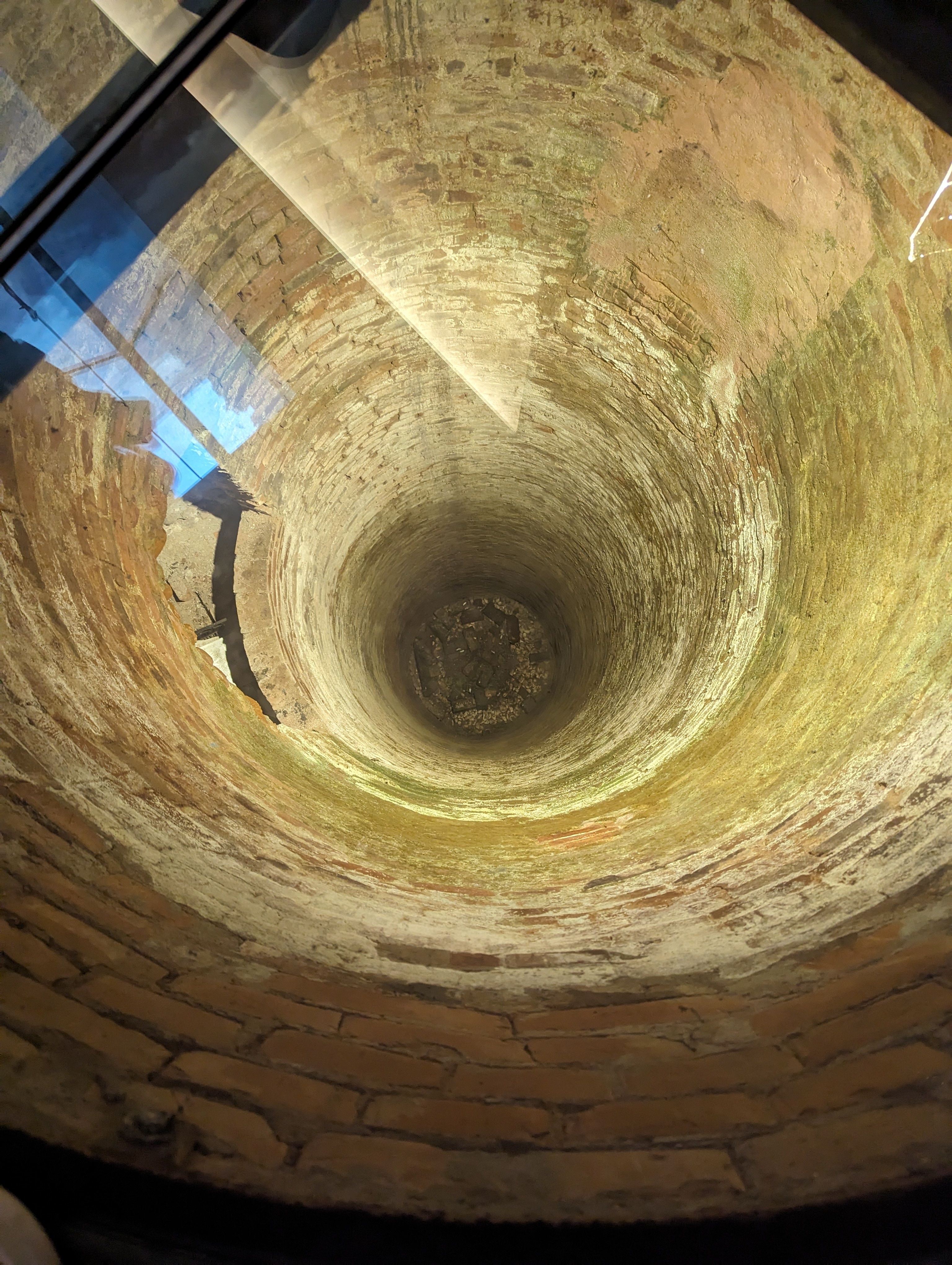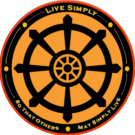Ooh damn. Mandrake was my first distro, I remember being sooo excited when the CDs came in the mail. It was I think 4 discs?
The experience was absolutely not good lol. At the time I only had one computer (some eMachines something or other) and a 56k line that only went to 14400 or 2600 baud depending on the weather. My NIC wasn’t supported and after some banging my head on the desk I ended up going back to windows 98se after a few days because it was the family computer I messed up and caught sooo much flak for wiping.
Returned some years later when it was called Mandriva and had a better experience with a custom built AMD machine. The eMachines machine by then was still around as a network file server running a flavour of BSD that served media to my OG xbox played through XBMC (now Kodi).
Great post OP and thanks for the trip down memory lane!
“baud” 😭🥹
Gimp’s mascot is in some kind of hard drugs in that icon
Looks like an analog horror version of GIMP and I love it. It has that early 3D modeling program vibes, while not fully being 32-bit colors just yet.
Looks like Crash Bandicoot on drugs
Multiple desktops, 1999. What an amazing feature.
A quick web search suggests that macOS (then OS X) got this in 2007 (“Spaces”), and Windows not until 2015.
This alone makes this GUI more functional IMHO.
Most Unix systems had it in CDE, 1993. Most also had it in whatever came before.
The first platform to implement multiple desktop display as a hardware feature was Amiga 1000, released in 1985.
The first implementation of virtual desktops for Unix was vtwm in 1990.
https://en.wikipedia.org/wiki/Virtual_desktop
It had been the expected default for pretty much an entire decade. Also X often supported a different size viewport and desktop so the view would scroll. Not sure if anyone really liked using that.
Also X often supported a different size viewport and desktop so the view would scroll.
I remember encountering that the first time I used Linux! Can’t recall personally finding a good use for it but…neat I guess?
Xkill… Now that’s a name I havent heard in a long time :-)
It’s still around and kicking unresponsive windows.
xorg-xkill on Arch, bound to alt+esc for me.
KDE has it built in to default key binding of
Ctrl + Meta + Eschelpful when in Wayland as xkill only works on X and xwayland apps.It’s still around and kicking unresponsive windows.
I know, but I haven’t used it since I switched to Debian ;-)
Or Netscape, for that matter
Peak UI
I just said this above but this desktop is still available. It is called The Trinity Desktop now.
Old KDE was great. So is new KDE though
You can still use old KDE. It is called Trinity now. It is a pretty decent desktop if you have an older machine.
Oh neat thanks
i want those icons back
I think that’s the old locolor icon theme. The version I have around is modified for TDE, but the original should exist somewhere out there (if OpenSUSE is still offering KDE3, then they probably have it).
Netscape ♥️
Felt like a pirate on the high seas! Those were the days…
I remember this! I’m French and remember reading Mandrake comics, so when Mandrake Linux came I needed to install it!
Now that’s a flashback that works for me
Do you have the isos? I want to try this again
Jesus, UI design was terrible back then. I’m not talking about technical limitations, I don’t need fancy transparency effects or something like that, but I’m sure that you could come up with something much better using the old UI libraries as long as you follow modern design principles.
That’s probably why they’re modern design principles, UI’s were relatively new in 1999, and most people who used computers still knew how to work with the command line.
Take that back
It’s probably just familiarity bias, but I really like the classic 3D design elements of the '90s desktops. I was a big fan of the Windows classic shell, NeXTSTEP and Openbox UIs. And even though I think both GNOME and KDE look fantastic today, I would still happily use a CDE-style UI if I could do so consistently.
Hey, where do you find the ISOs for these old distros?
Seeing all these makes me wish for a classic Linux de that just gives you all of that again










